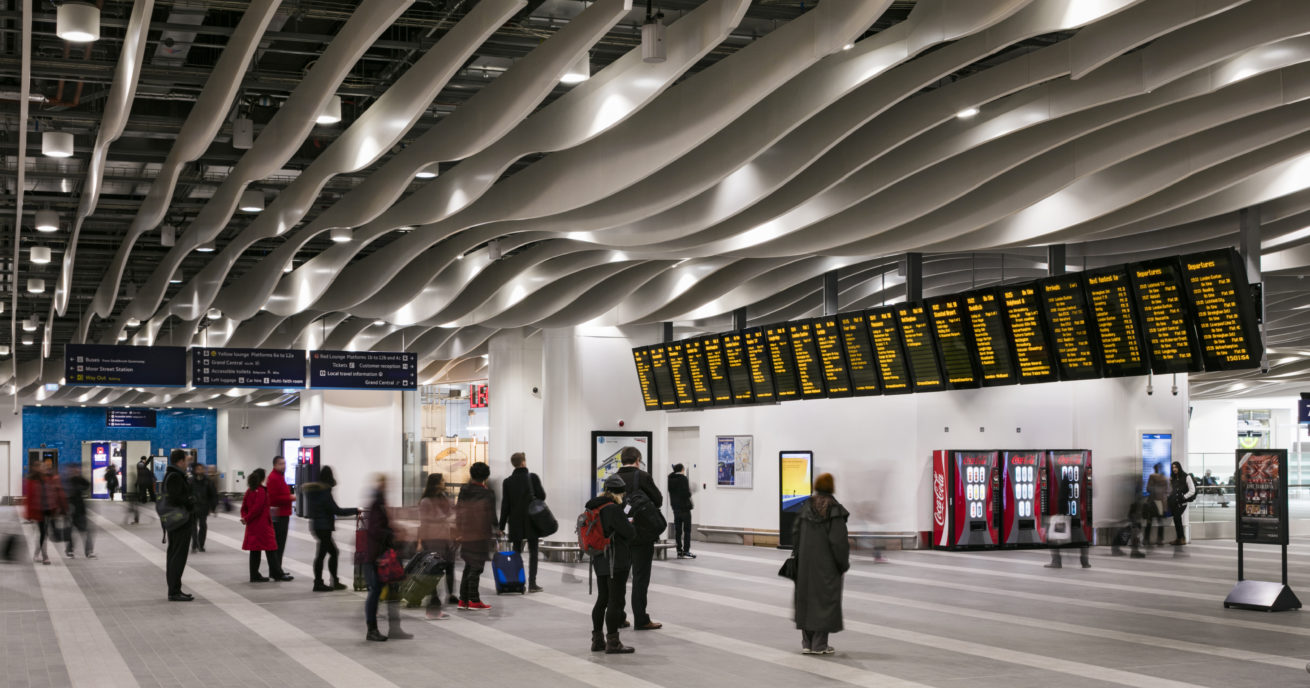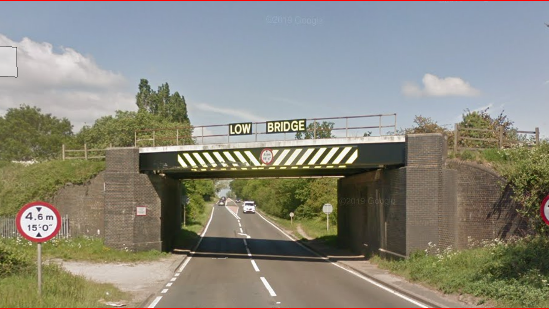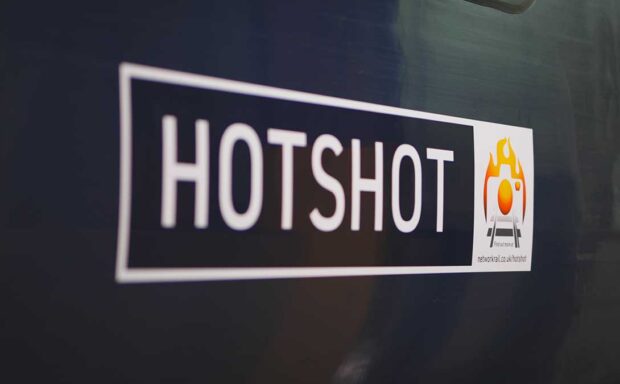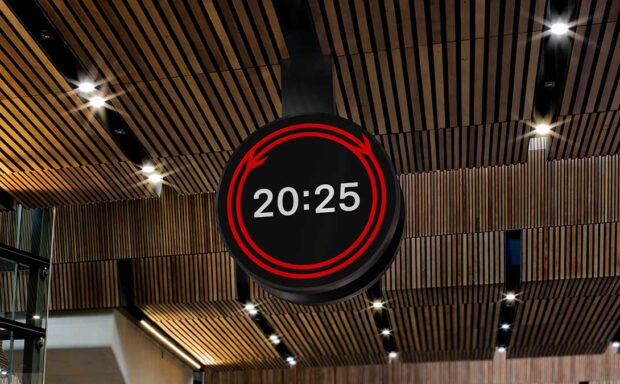At the heart of the railway is a little-known team of dedicated specialists.
How does the National Operations Centre help keep trains safely moving? How does it plan for severe weather? And what does it have to do with football?
Whatever happens on the network, the National Operations Centre (NOC) is always among the first to find out. It plays a critical role, providing a 24/7 daily overview on the status of the Network. Co-ordinating cross-route incidents and working with routes to assist and resolve incidents; helping to keep trains safely moving.
The railway’s hub
The NOC receives information from Network Rail staff nationwide to help manage the impact of incidents and large planned events on train services.
It liaises with teams from other organisations, including British Transport Police, Rail Accident Investigation Branch, Office of Rail and Road and the Department for Transport.
Incident response
Cows on the line. Fire by the railway. Trespassers. These are just some of the incidents that the NOC – and Network Rail employees in control centres and local work teams – may have to deal with on any one day.
It’s the NOC’s job to monitor the whole network to assist with incident responses planned by operational teams on the routes. It encourages communication between different stakeholders to assist in resolving incidents on the network, taking into account learning from previous incidents which have occurred nationally.
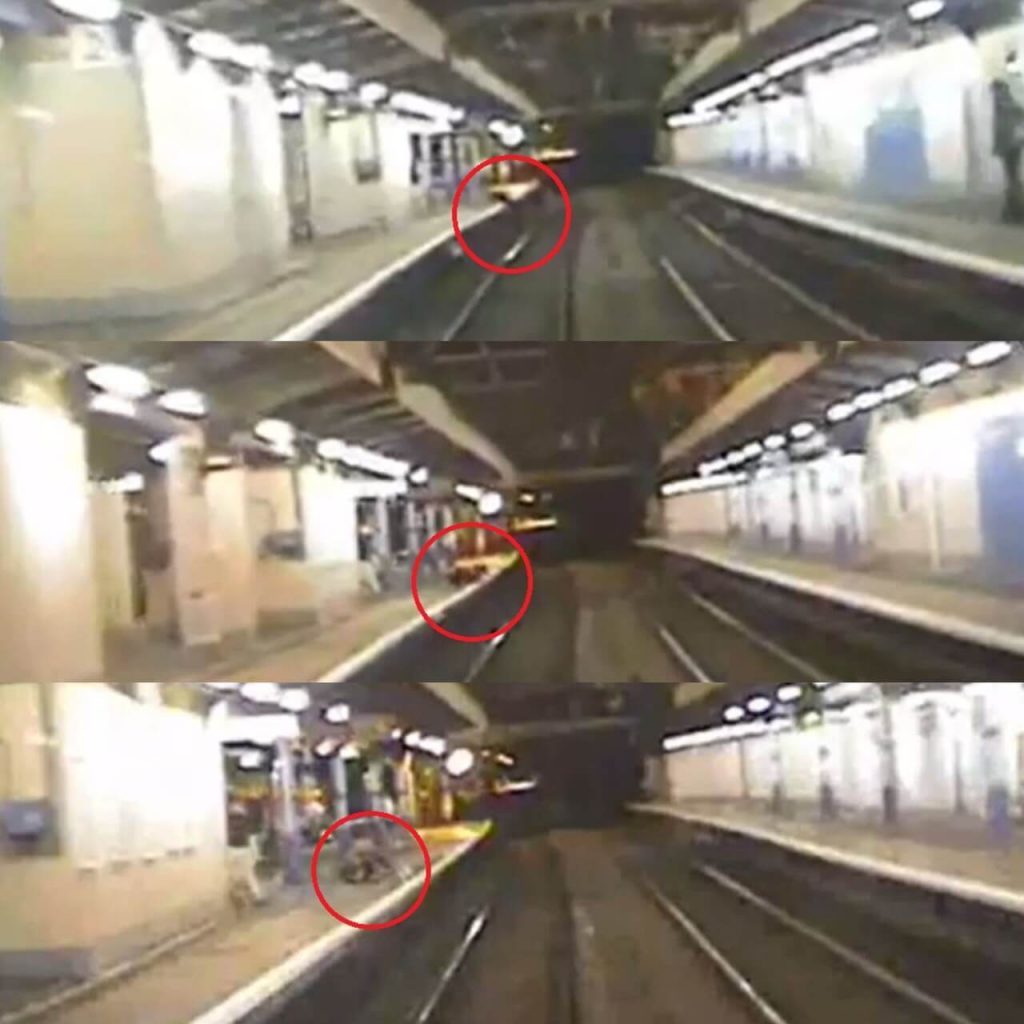
With 20,000 miles of track to watch over, it’s helpful to be able to zoom in on critical areas. The route operational teams manage maintenance and repairs, such as a potential problem discovered during a bridge or overhead wire inspection, and major engineering projects across the country. All activities are managed locally, including how to address extreme weather forecasts. The NOC is sent a list of high-risk engineering worksites to monitor over weekends.
- The NOC monitors the nationwide incident log, which is updated by route incident controllers and gives a picture of the whole national railway status. NOC control desks have lots of screens!
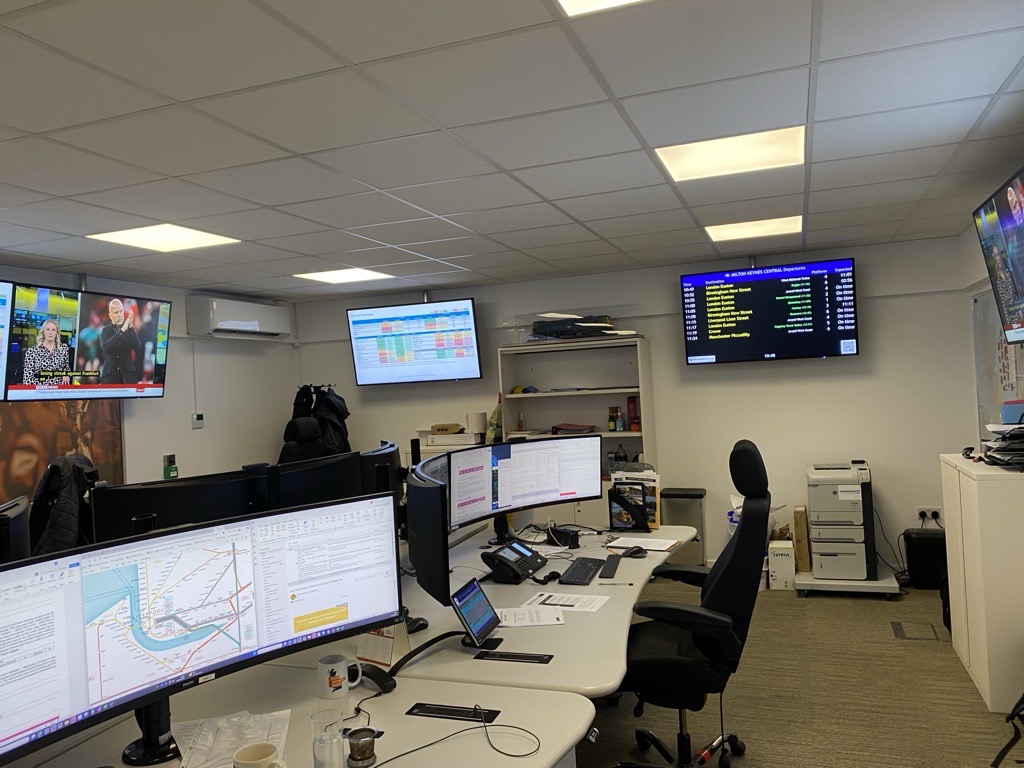
- NOC assists in sourcing specialist equipment, resources and emergency contracts during complex incidents.
- The NOC maintains national registers enabling compliance against industry-wide safety standards.
Seasonal railway maintenance takes place throughout the year, but Britain’s famously unpredictable weather can still cause disruption.
From gale-force winds to heavy snowfall, severe conditions often lead to delays – particularly during the winter months.
For safety, trains may need to run at reduced speeds, and maintenance teams might be called in to clear tracks or repair damage. This can include removing snow, draining floodwater, or clearing debris blown onto the lines by strong winds.
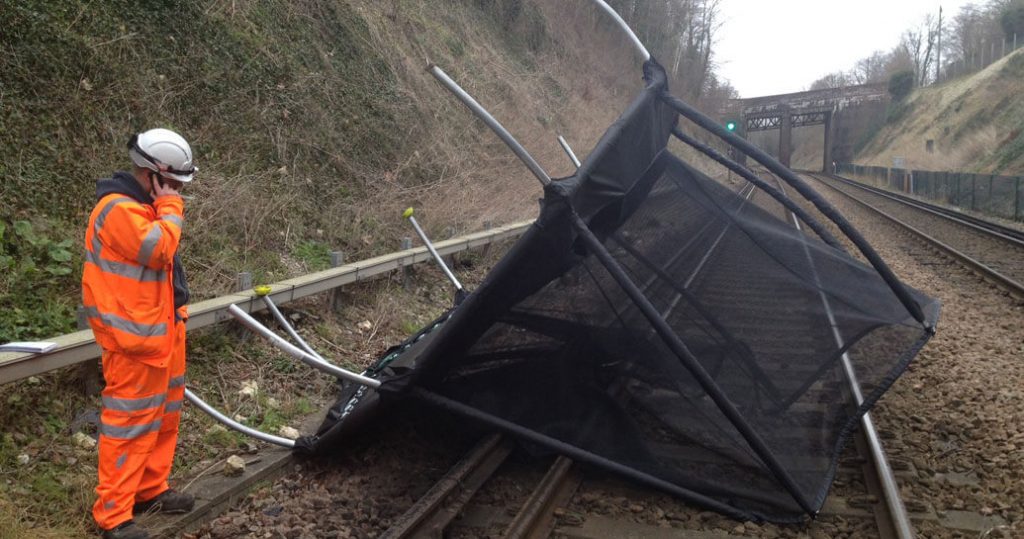
Delays explained: what causes delays on the railway
Forecasting and emergency response
A bespoke weather forecasting service allows the route operational teams and the NOC to plan for incidents that could affect rail travel. Before 03:00 every day, the NOC receives detailed three-day and five-day forecasts and alerts for routes and local areas.
A colour-coded system alerts controllers to the response needed over and above Network Rail’s planned seasonal preparation.
Why weather and climate change matters to the railway
Once a real-time weather alert comes through to route control rooms, the teams decide how to respond.
The strategy for when the worst weather hits is pre-agreed with the train operators, Rail Delivery Group and the National weather team, to assure an effective response.
Our seasonal track treatment fleet
Planned events
The NOC is made aware of large events nationally where more than 15,000 attendees are expected, such as football matches and large concerts. Network Rail teams are made aware of significant events during the advance planning stage, so that engineering work is planned around these events where possible.
The NOC also informs event organisers if there are likely to be difficulties with accommodating the flow of passengers after an event. For example, on the planned date of one football match, the last train service was at 19:00, so the date of the match was changed to give attendees a better chance of a smooth journey home.
If an event and engineering work are planned for the same time, and there’s no way around it, the NOC and Network Rail route communications team works with the event organiser and other stakeholders to plan communications to passengers well in advance. This involves advising on alternative routes and transport options.
